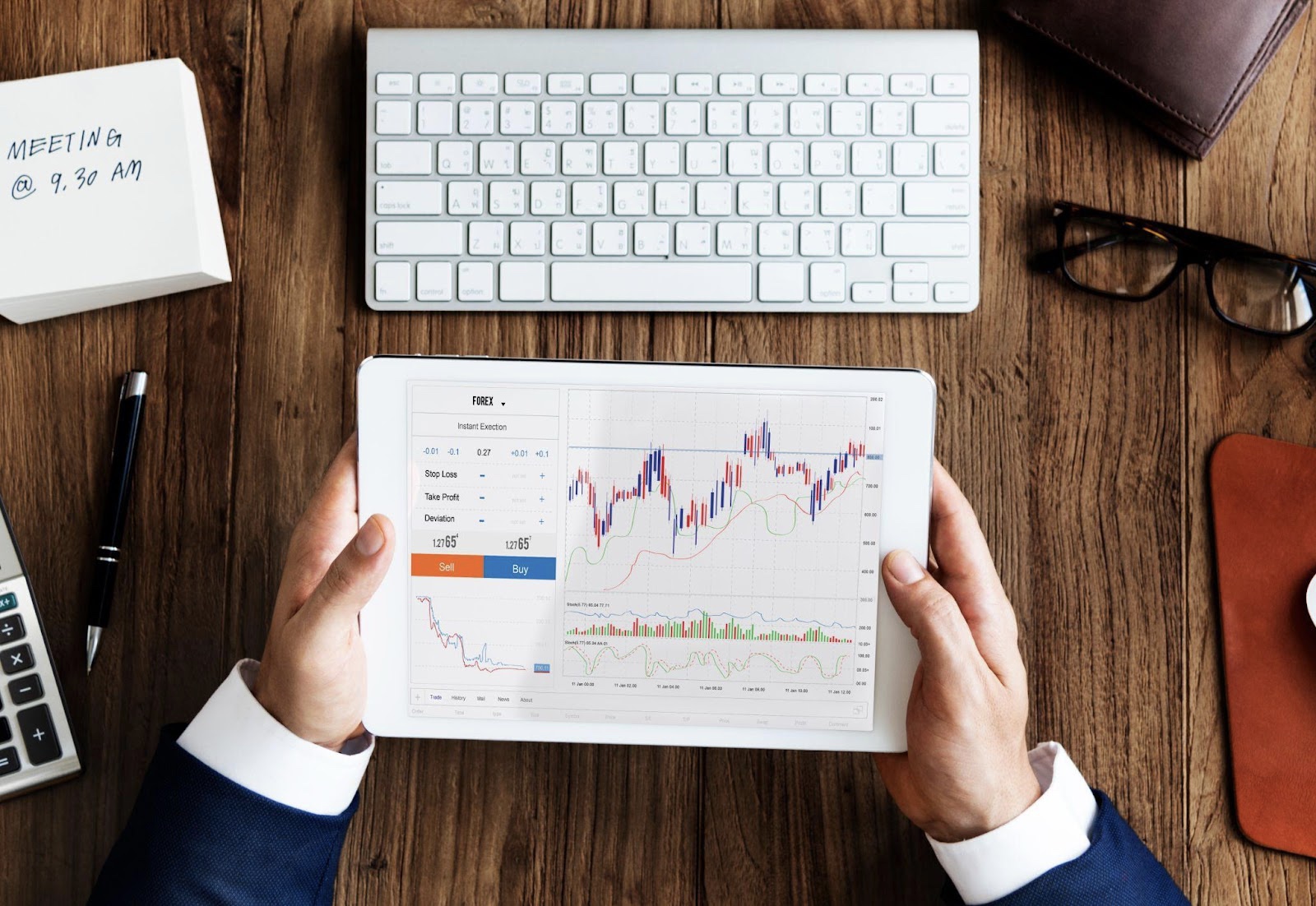
Being a newbie in the world of forex trading can be thrilling, but one of the most important concerns they frequently have is, “How much money do I need for forex trading?” In this thorough tutorial, we’ll discuss the funding needs for forex trading while illuminating the top online brokers and forex trading platforms to get you started.
Understanding Forex Trading
Understanding the fundamentals of forex trading is crucial before diving into the financial aspects. The world market for buying and selling currencies is known as forex or foreign exchange. In an effort to profit from changes in exchange rates, traders speculate on the price movements of currency pairings.
Determining Your Forex Trading Budget
The amount of money you need for forex trading depends on several factors, including your trading style, risk tolerance, and the currencies you want to trade. Here’s a breakdown to help you determine your budget:
1. Trading Style
Day Trading: If you plan to be an active day trader, you’ll need more capital to cover potential losses and take advantage of short-term price movements. A common recommendation is to start with at least $10,000 to $20,000.
Swing Trading: Swing traders hold positions for several days to weeks, requiring less capital than day traders. Starting with $5,000 to $10,000 is often sufficient.
Long-Term Trading: Long-term traders may need even less capital, with some starting with as little as $1,000 to $2,000. However, more substantial investments can yield larger returns.
2. Risk Tolerance
Your willingness to accept risk plays a significant role. If you have a higher risk tolerance, you may be comfortable starting with a smaller initial investment. Conversely, conservative traders might opt for a larger capital base.
3. Currency Pairs
Certain currency pairs require more significant investments due to higher volatility. Major pairs like EUR/USD or USD/JPY are popular among beginners and typically require lower initial investments compared to exotic or less traded pairs.
The Role of Forex Brokers
Your forex trading journey will be largely influenced by your choice of online broker. The most effective forex trading platforms provide a range of account kinds with differing minimum deposit requirements, enabling traders with diverse spending limits to engage. Choosing a broker involves:
Consider Regulation: Ensure the broker is regulated by a reputable authority to protect your funds and interests.
Evaluate Spreads and Fees: Compare spreads, commissions, and other fees as they can affect your profitability.
Leverage: Understand the broker’s leverage options, which can amplify both profits and losses.
Demo Accounts: Many brokers offer demo accounts for practice. Take advantage of these to hone your skills before committing real money.
Risk Management and Education
Regardless of your budget, risk management is critical in forex trading. Never risk more than you can afford to lose. Implement strategies like stop-loss orders to limit potential losses.
Additionally, invest time in educating yourself about the forex market. The best forex trading platforms often provide educational resources and analysis tools to assist you in making informed decisions.
In Conclusion
Depending on your preferred currency pairs, risk tolerance level, and trading style, you may need a different amount of money to engage in forex trading. Starting with a budget you feel comfortable with and picking the best online broker and forex trading platform that supports your financial objectives are essential.
You can modify your capital as you gain knowledge and hone your trading methodology. Keep in mind that success in forex trading requires ongoing education, self-control, and risk management that is successful.
Interesting Related Article: “Forex Trading Basics for Beginners“
